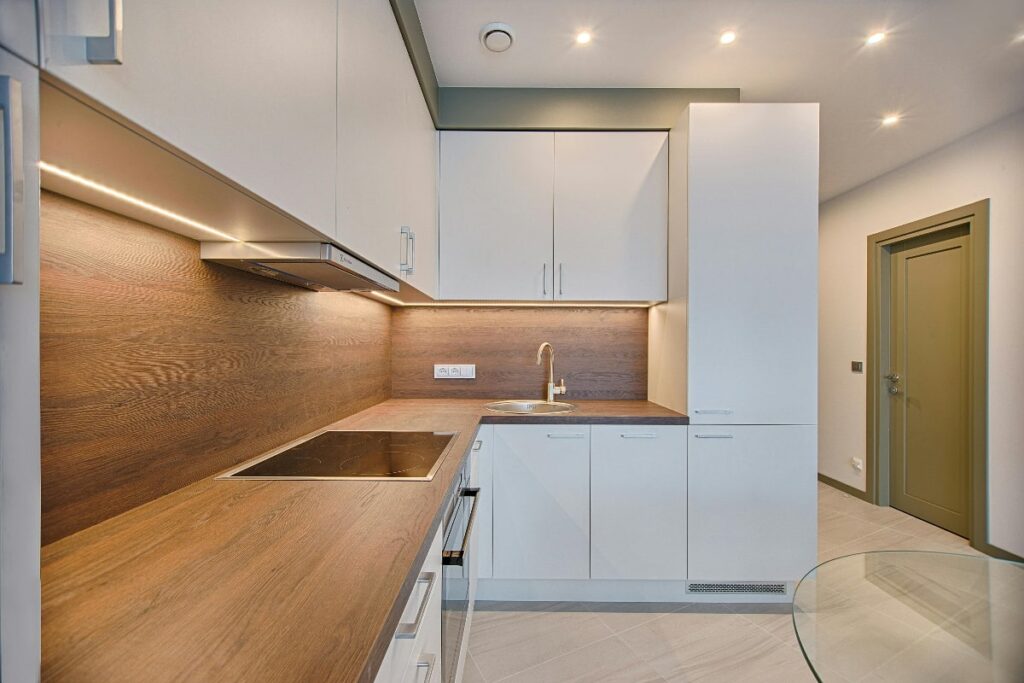
As a landlord, you will naturally have to deal with tenants leaving over time. In this blog, we’re letting you know what to do when a tenant leaves.
Being a landlord in the UK definitely has its perks, but there are many other elements that you will need to be aware of and take care of. You are required to keep up with legislation changes and follow all regulations.
When do tenants leave?
There are many reasons why your tenant may be leaving your rental property. One of the main reasons is that the fixed term tenancy ends, however there are instances where the tenancy may need to be terminated early.
Tenancies can also end due to mutual agreements or eviction. If either party needs to terminate the tenancy agreement early, they must follow all guidelines.
The amount of notice that your tenant must give depends on the tenancy agreement that you have set out. In most cases, the notice period will be at least one month. This gives the landlord time to advertise the property for new potential tenants. How much notice tenants must give also depends on the frequency of rent payments.
What do I need to do when my tenant leaves the property?
For whatever reason your tenant decides to leave the property, you will need to take some steps. A letting agent or property management company can help you with this.
Check the property for damage
When your tenant leaves, you will need to visit the property to assess if any damage has been done. This damage should not include wear and tear to the property. Those renting out furnished properties will also need to check the furniture as well.
Tenants should have reported any damage they have caused to the property, but you will need to complete a thorough inspection when they leave or before they leave.
If damage has occurred to the property, you will likely need to address it before the next tenant moves in. Damage that is not fair wear and tear can be paid for using your tenant’s damage deposit/security deposit. A damage deposit is different from a holding deposit. Read our blog on all you need to know about holding deposits.
You, or your property management company should take photos of any damage as a record. You should also have kept the photos from before the tenant moved in so they can be used for comparisons. Money taken from the damage deposit is labelled as deposit deductions, and these must be outlined to the tenants moving out.
Obtain the keys
Of course, you will need to get the keys to the property back from your tenants. This is usually completed on the day of moving out. A letting agent or property management company can assist you with this.
Complete an inventory check
At the beginning of any tenancy, you should provide your tenant with an inventory. This is a list of items that will be included with the rental property. These can include full furnishings, a few small appliances, only white goods or nothing. At the end of the tenancy, you will need to check that all of these items are still in the property and that they are not damaged.
Make sure that there are no belongings left by the previous tenants when you inspect the property. Any items left will need to be removed. You may be able to obtain the tenants new address and send them the items.
When does the damage deposit need returning?
Tenant deposits should be protected under the deposit protection scheme. You should return the tenancy deposit within 10 days of the tenancy ending. Of course, any disputes will need to be settled, such as damage to the property that requires fixing.
You will also need to ensure that the property is clean for the new tenants. This may involve having professional cleaning completed after the moving date and final inspection. You must also ensure that all there is no unpaid rent (rent arrears) from the previous tenants and that final meter readings have been taken.
We can support you with all aspects of property maintenance with our fully managed property services. We hope this blog has been helpful regarding what to do as a landlord at the end of tenancy.
Are you interested in becoming a landlord or do you need some support with your new tenancy? Get in touch with our friendly team for advice – we’re more than happy to help all landlords and tenants.




